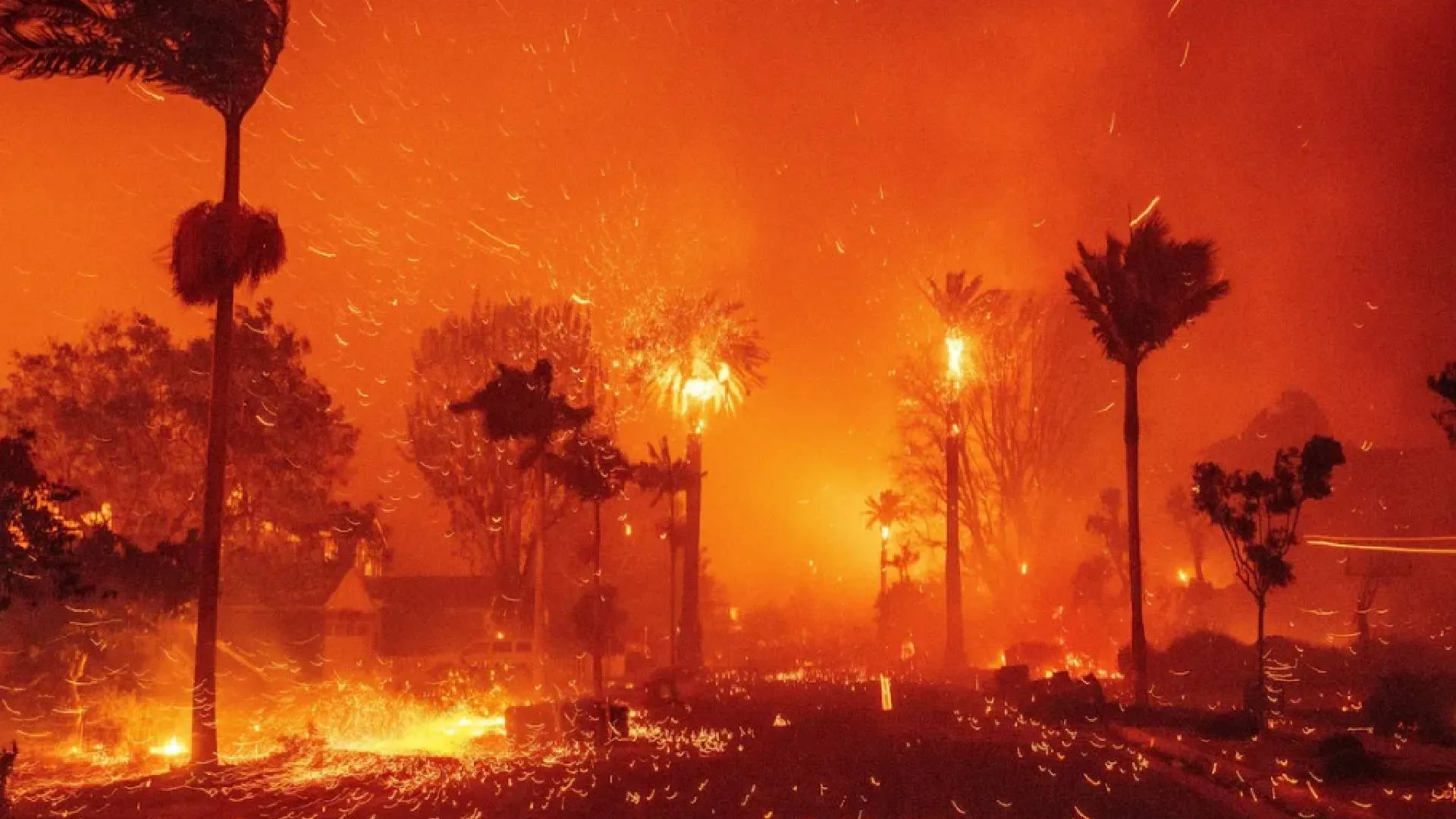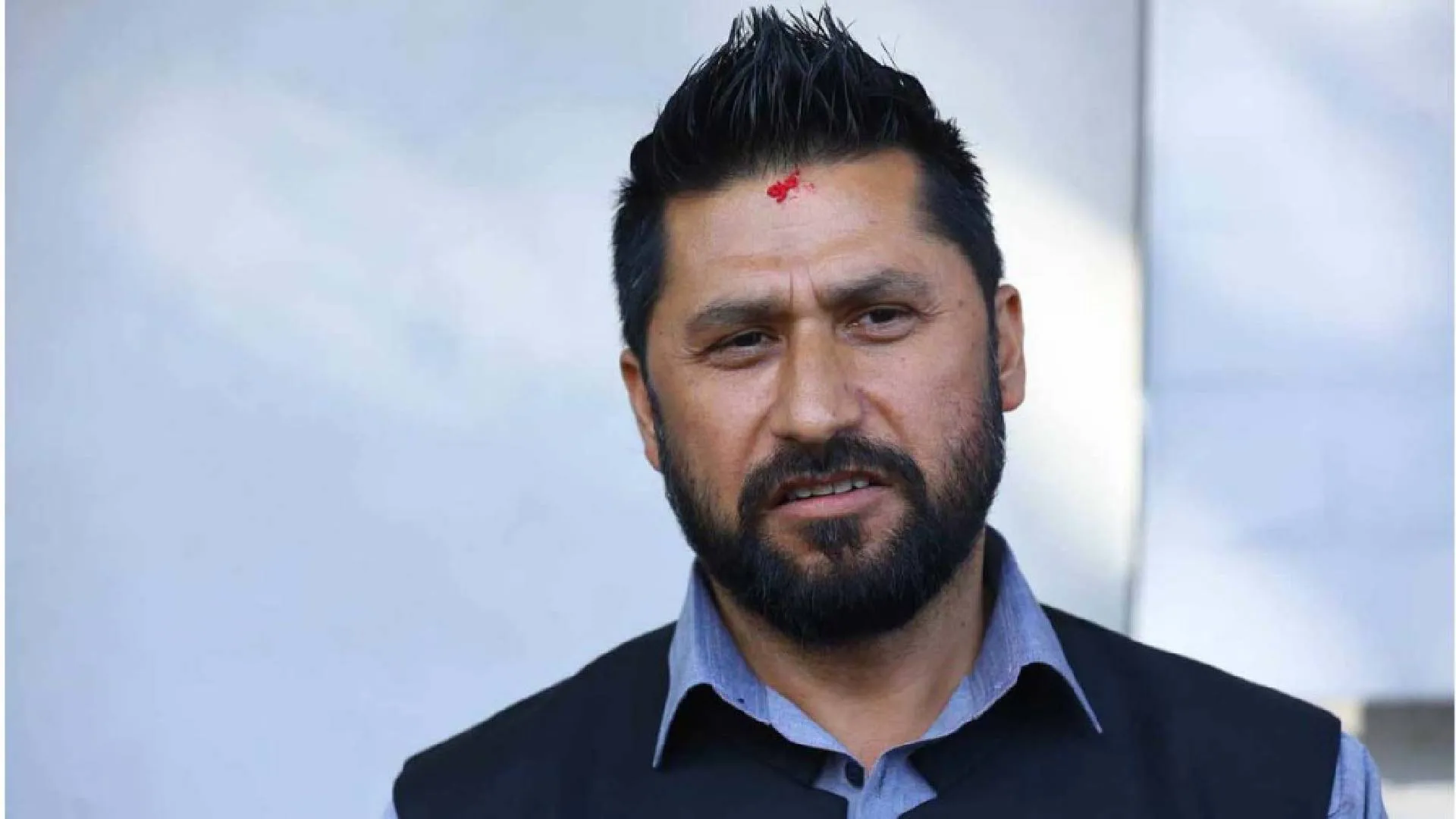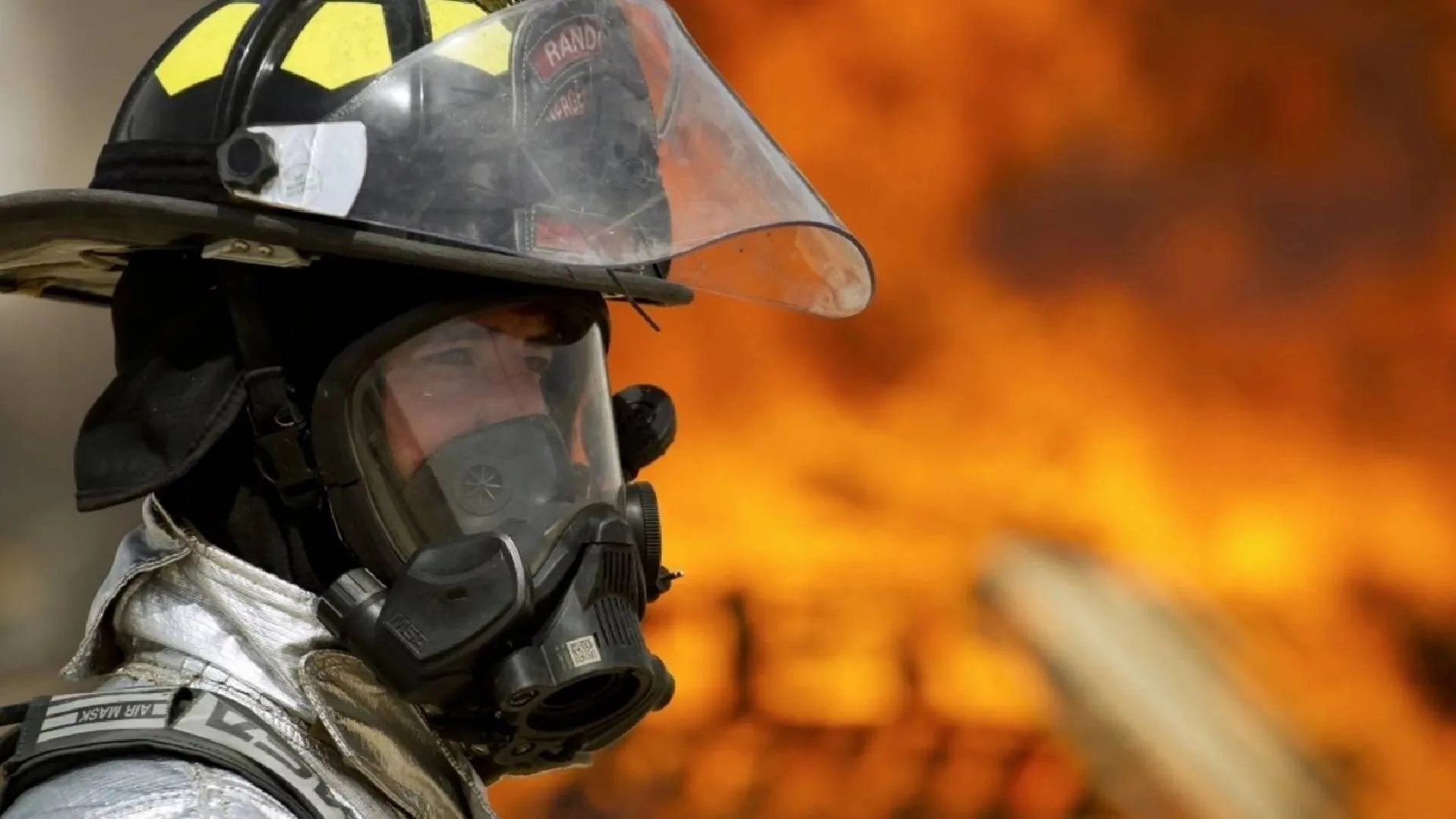Sudan’s army has suspended its participation in talks over a truce and humanitarian access, sparking worries of further escalating the conflict that has displaced hundreds of thousands, Al Jazeera reported.
The talks with the rival paramilitary Rapid Support Forces (RSF) began in early May in the Saudi port city of Jeddah and resulted in a declaration of commitments to protect civilians as well as two short-term ceasefire agreements that have been repeatedly breached. The army and the RSF agreed to extend a week-long cease-fire agreement by five days just before it was set to expire late Monday.
The general command of the armed forces announced the suspension of talks in a statement on Wednesday, accusing the other side of a lack of commitment to executing any conditions of the agreement and a continual violation of the ceasefire.
“The General Command of the Armed Forces has decided to suspend the current talks in Jeddah due to the rebel militia’s attack lack of commitment to the implementation of any of the terms of the agreement and its continuous violation of the ceasefire,” reported Al Jazeera, quoting a statement posted on Sudan News Agency website.
In the statement, the RSF accused the army of interrupting the talks in Jeddah in order to weaken them and of breaking the truce by attacking its positions with airpower and heavy artillery.
Later that day, the African Union (AU) stated that the suspension of discussions should not deter future attempts at mediation.
Until late Tuesday, residents in Sudan’s capital, Khartoum, reported fierce combat in all three neighbouring cities that make up Sudan’s greater capital around the Nile’s confluence — Khartoum, Omdurman, and Khartoum North.
According to Al Jazeera’s Mohamed Vall, the goal of the meetings in Jeddah was to help civilians “reorganise their lives”, but the goal remained elusive.
He added, “We have people still leaving Khartoum. We have people still trapped in their homes because (the) RSP, according to reports, is using civilians as human shields.”
Saudi Arabia and the United States arranged and remotely monitored the truce, which they claim has been breached by both sides but has allowed aid to be delivered.
Alan Boswell, Crisis Group’s project director for the Horn of Africa, told Al Jazeera that the negotiations have always “failed to gain any traction.”
He claimed that the army was apparently persuaded to join the discussions in order to “force or convince” the RSF to withdraw from various residential neighbourhoods of Khartoum, but “that wasn’t happening.”
“The concern now is that if these Jeddah talks collapse, it confirms more or less that Sudan is basically in a freefall into a full civil war,” said Boswell.
“When I talk to diplomats, there is a growing sense of essential helplessness, as they feel like they’re watching Sudan collapse, but they are unable to get the two to stop fighting,” he added.
The war has driven roughly 1.4 million people to evacuate their homes, with over 350,000 crossing into neighbouring nations.
More than six weeks into the crisis, the UN assessed that more than half of the population, or 25 million people, required assistance and protection.
The capital has been hit by widespread looting and regular power and water outages. The majority of hospitals have been put out of service.
The United Nations, several relief agencies, embassies, and portions of Sudan’s central government have relocated to Port Sudan, Sudan’s Red Sea state, which has suffered little turmoil.
Since former President Omar al-Bashir was deposed in a popular revolt in 2019, leaders of the army and the RSF have held the main seats on Sudan’s executive council.
They plotted a coup in 2021, just as the council was set to give over authority to civilians, before clashing over the line of command and reforming the RSF as part of the scheduled transition, Al Jazeera reported.
















